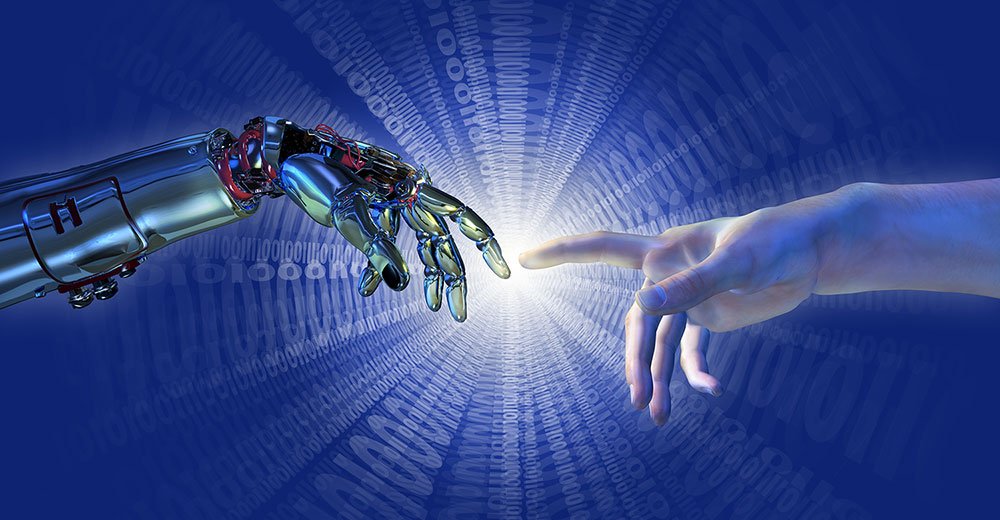Artificial intelligence is accelerating through the U.S. job market, but its effects are not evenly distributed. A new Stanford study shows that while overall employment remains strong, young workers in AI-exposed fields such as software engineering and customer service are facing steep declines in opportunities suggesting that AI is quietly shutting the door on entry-level careers.
Entry-Level Workers as “Canaries in the Coal Mine”
The report, titled “Canaries in the Coal Mine? Six Facts About the Recent Employment Effects of Artificial Intelligence”by Stanford’s Digital Economy Lab, examined payroll data from millions of U.S. workers between 2021 and mid-2025. It found that AI has had a disproportionate effect on workers aged 22 to 25 in industries where automation tools can directly perform tasks like coding or responding to customer queries.
Data Protection and DPDP Act Readiness: Hundreds of Senior Leaders Sign Up for CDPO Program
Employment for young workers in these fields declined by about 13 percent overall, and nearly 20 percent in some occupations. By contrast, older workers in the same jobs saw stable or even rising employment. The researchers argue that AI more easily substitutes the “book knowledge” of fresh graduates than the tacit experience of seasoned professionals, who bring judgment, interpersonal skills, and contextual insight that AI cannot yet replicate.
Jobs Are Growing—Just Not for the Young
The findings complicate the narrative of a healthy U.S. job market. While unemployment remains low overall, younger workers in AI-exposed jobs have been left behind. Between late 2022 and mid-2025, employment for young workers in these sectors fell by 6 percent, while older counterparts gained as much as 9 percent.
The study makes a critical distinction between fields where AI fully automates tasks and those where it serves as an assistant. In software engineering and call centers, where AI can directly replace core tasks, entry-level employment has plunged. But in areas where AI augments rather than replaces helping workers make better decisions or manage workflows jobs have remained stable or even grown.
Interestingly, wages have not collapsed. Instead, companies are managing the shift by cutting back on hiring rather than reducing pay for existing staff. “The first impact of AI is reduced entry-level opportunities, not salary cuts,” the report notes, underscoring how the brunt of disruption is borne by job seekers rather than incumbents.
A Future of Uneven Opportunity
The researchers also tested whether the declines could be explained by broader economic factors such as interest rate hikes or sector-specific downturns in tech. Even after controlling for such variables, the employment gap for young workers in AI-exposed industries remained significant. The data points to AI itself not macroeconomic turbulence as the primary driver.
The findings suggest a paradox: while AI is lauded for boosting productivity and enabling new forms of work, it also appears to be eroding the traditional pipeline of entry-level jobs that has historically allowed fresh graduates to gain experience and move upward.
The authors warn that this imbalance may reshape career trajectories for a generation. Without entry-level opportunities, young workers may struggle to build the tacit skills that protect older employees from automation.



